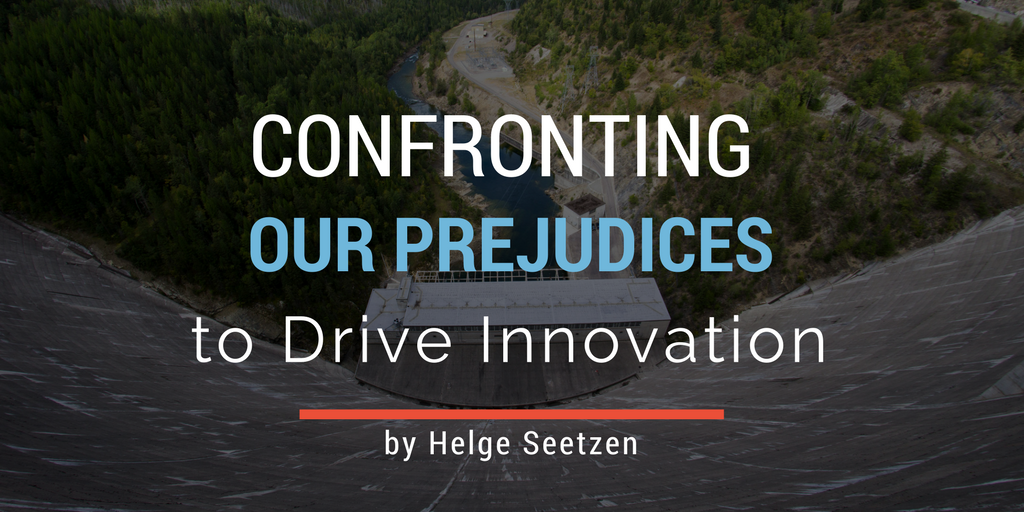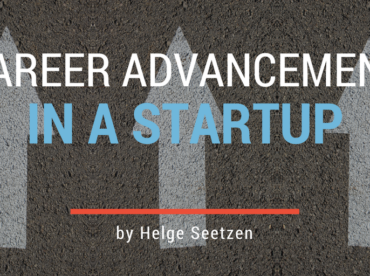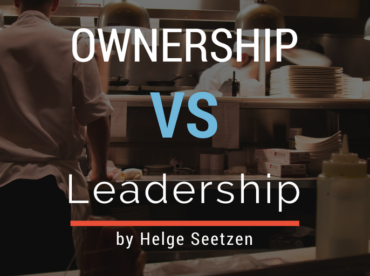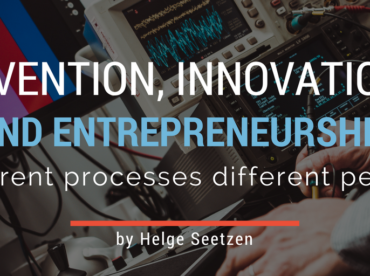A couple of weekends ago I witnessed a lively debate around the issue of racism in Silicon Valley (ok, ‘lively’ is an understatement). I’m a firm believer that racism has a devastating effect on innovation, but I think we are all prone to these kinds of biases, and need to consciously create structures to keep us from falling prey to the associated trappings.
So here’s my uncomfortable declaration: In many ways I am a racist, sexist, elitist and whatever other form of “ist” describes a person with an irrational bias against a given demographic. On the surface, this isn’t readily apparent. I argue for diversity when many recommend against it. During our company meetings I see black, white, yellow and all shades of brown, atheists, Christians, Moslems, Jews, Hindus and Buddhists, male and female, gay and straight, and there are less than two dozen of us. My wife is black and my three kids are a variety pack.
Despite appearances though, I catch myself having biased thoughts and actions painfully often. A few weeks ago I picked up a late-evening customer call for a portfolio company. The customer had a very specialised application which would require significant software customization on his end. He also had a strong accent and distinct ESL grammar. The next morning, I briefed the sales team on the challenge and warned them that the customer might not understand the complexity of the necessary software changes. After about 10 minutes of discussion, I realized that I had negatively assessed the technical capability of the person entirely on the basis of his language skills during a single call.
I, of all people, should know better. I am an ESL immigrant myself. Upon arrival in Canada my English was so bad that I failed the university’s “physics knowledge” test simply because I couldn’t read the questions. In those days I was forcefully urged to drop out of university altogether by professors making the same incorrect evaluation of my abilities as I had just made about this customer. Despite what everyone expected of me, I ultimately got both my bachelor and PhD degrees with country-wide accolades. And despite what I expected of the customer, he turned out to be a successful technology venture leader (our amazing product manager flew out to his place on her birthday weekend).
These stories serve as a warning about the frailty of the human mind. While rationally I know that there are no links between language skills, intelligence and technical savviness, subconsciously my mind will all too often rely on very basic algorithms. That’s how the human brain works; we gravitate toward people that look like us, we tend to apply archetypes based on scant or faulty information, and our sub-conscious simply doesn’t understand statistics (the difference between a population mean and the probability of any population member actually having those mean characteristics).
Denying these biological facts only hinders progress toward a truly global society. Instead, we need to remain alert to those moments when our brain’s hard wiring overwhelms rationality. In particular, we need to watch for the transition points where biased thoughts turn into biased actions – and create structures that counteract these tendencies.
So what does any of this have to do with innovation? Everything! The same biological features that suppress human diversity also suppress thought diversity. Innovation occurs when we step beyond the bounds of everyday thinking and embrace alternative ideas, evaluating them by their merits rather than their origin.
Very few people are true “native” inventors, able to conjure innovation purely out of their minds. Most, like me, invent through a combination of deliberate openness to new thoughts combined with a mechanism to evaluate them. Both of these aspects are important. You need to force yourself to listen to ideas regardless of their source, regardless of the environment, and regardless of your initial gut reaction to them. That’s hard.
While your “gut” is nothing but biological conditioning, it is also usually correct. That’s what makes it so dangerous to innovation. Biological instinct is based on statistical averages. On average, people who fail physics tests are less likely to succeed in their study of physics. On average, a lab assistant is less likely to be right in a technical conclusion than her professor. On average, black people in North America are less likely to be educated. Following your biological instincts makes you “most likely right,” but it also robs you of the potential of anything or anyone that falls outside the average. Because most things in life are broad distributions, the probability of any of your encounters or ideas being truly at the mean of the distribution is typically vanishingly small. Combine this with the non-linear impact of excellence[1] and you can see why our biological instinct is such a danger to innovation (and societal advancement in a more general sense).
If your gut is the wrong choice, you need an alternative method to filter ideas. These alternative methods aren’t new: objective metrics, experimental data, and numerical analysis are your friends. Not everything can be assessed quantitatively, and your gut will always play a role in framing the questions you will ask, but you would be surprised how many aspects of technology, market behaviour and economics can be measured objectively if you really put your mind to it.
My advice to anyone working in the area of innovation or entrepreneurship is to recognise that your instincts lead to mediocrity and not excellence. And if you are really committed to innovation and excellence, you need to develop the formal structures, open perspective, and metric-focused evaluation processes necessary to push you in that direction.
[1] While the distribution of human characteristics such as intelligence, language skills, and so forth usually come in broad distributions, impact of excellence has a very narrow distribution: a good developer is easily 10x more productive than an average developer, even though there is clearly no 10x gap in intelligence. This is because multiple rare characteristics are needed for true excellence (e.g. intelligence, productivity, discipline, etc.). These are uncorrelated, so the likelihood of finding the right combination is much lower than that of each individual characteristic.



